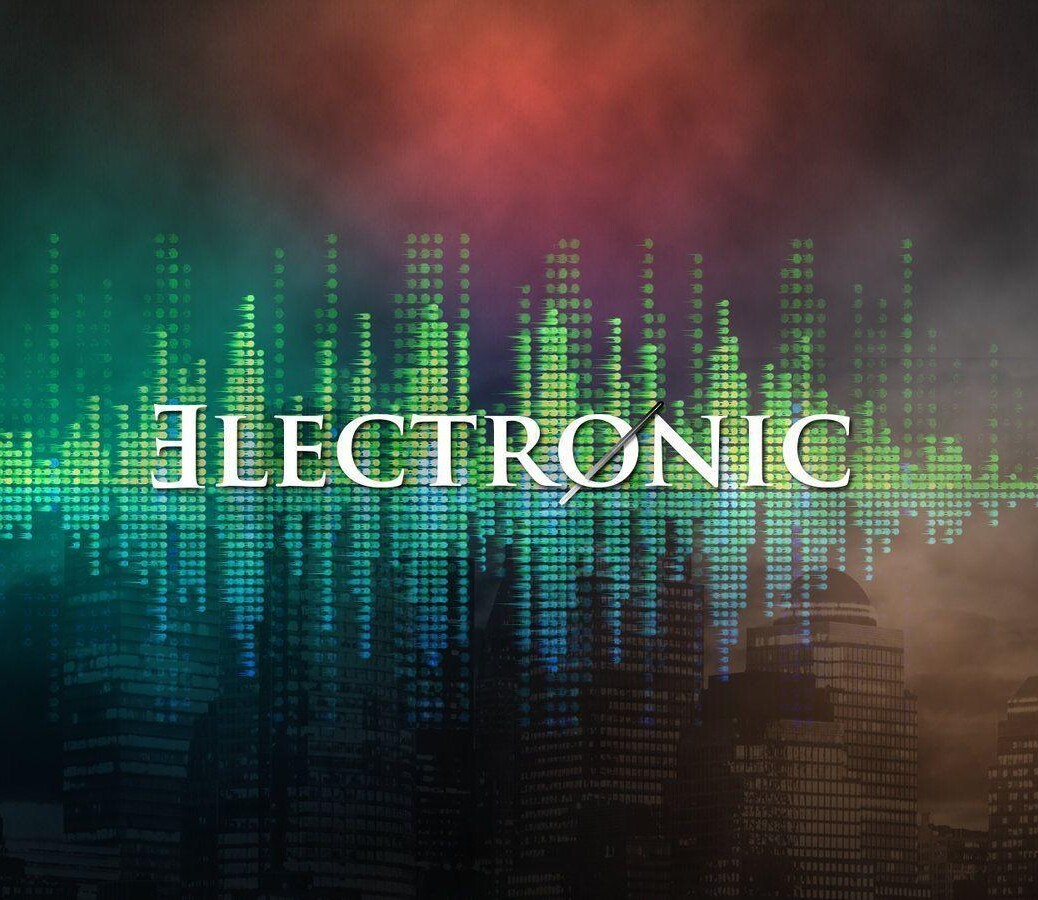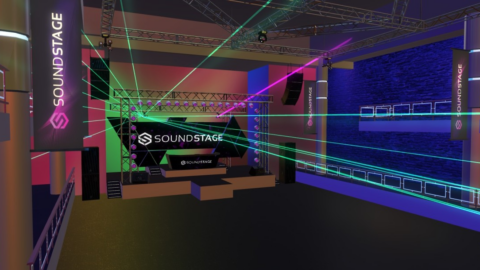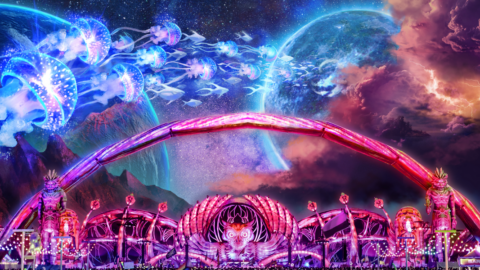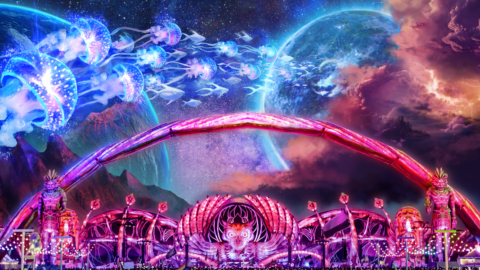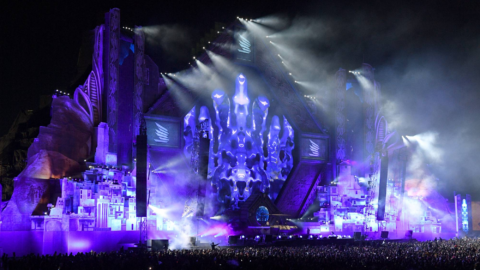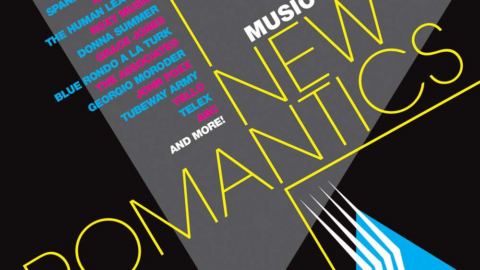The rise of electronic music in film and TV is no accident. The pulsating beats and hypnotic synthesisers have a way of reaching out from the screen and grabbing hold of our emotions like few other mediums can. But what exactly is it about electronic music that makes it so effective in modern media? In this article, we explore the power, influence, narrative shaping, and future growth of electronic music in film and TV.
Unveiling the Power: Electronic Music’s Role in Modern Media
Electronic music has become a pivotal part of the sonic architecture in film and TV. Its versatility allows it to be bent and twisted to fit various moods and atmospheres, from the intense and dramatic to the light-hearted and comedic. With the advent of digital technology, composers have an ever-expanding sonic palette at their disposal. This allows for the creation of unique soundscapes that can profoundly enhance the viewer’s emotional engagement with a story.
Moreover, electronic music can create a sense of otherworldliness, making it ideal for genres such as science fiction and fantasy. It can also help to modernize a story, giving it a contemporary edge that resonates with today’s audiences. And unlike traditional orchestral scores, electronic music can be produced on a relatively modest budget, making it an increasingly popular choice among filmmakers.
Amplifying Emotions: The Pulsating Influence of Electronic Music
With its ability to induce a wide range of emotional responses, electronic music is a powerful tool in the hands of filmmakers and TV producers. The pulsating rhythms and evolving textures can amplify emotions, helping to build tension, evoke sympathy, or generate excitement. A synthesiser’s vast range of timbres can create an emotional context for a scene, subtly guiding the viewer’s feelings in the desired direction.
Moreover, electronic music can be manipulated in real-time during the production process. This allows the composers to fine-tune the music to the exact emotional tone of the scene, enhancing its emotional impact. Furthermore, the repetitive patterns often found in electronic music can act as a form of psychological conditioning, reinforcing the desired emotional response each time a particular theme is repeated.
Sonic Storytelling: How Electronic Music Shapes Film and TV Narratives
Electronic music doesn’t just amplify emotions; it plays a crucial role in shaping film and TV narratives. Just like a character or a dialogue, it carries an intrinsic meaning that can add depth and complexity to the story. The choice of electronic sounds, their arrangement, and the way they interact with the visuals can reveal hidden aspects of the narrative, hint at future developments, or provide a fresh perspective on the events.
By creating a distinct sonic identity for a film or TV series, electronic music can also help to strengthen its brand. This can be especially powerful in long-running TV series, where the music becomes an integral part of the show’s identity. Moreover, electronic music can be used to mark transitions between scenes or to set the pace of the narrative, providing a smooth and coherent viewing experience.
Future of Soundtracks: The Continued Growth of Electronic Music in Media
The future of electronic music in film and TV looks promising. As technology continues to evolve, so does the range and sophistication of electronic sounds. This opens up new possibilities for composers to explore and experiment with, pushing the boundaries of what is possible. With the rise of streaming services and the increasing demand for original content, there’s never been a better time to be an electronic music composer for film and TV.
Moreover, as audiences become more accustomed to electronic music in their daily lives, they are more likely to appreciate its use in film and TV. This can help to break down the traditional barriers between popular music and film scores, leading to new and exciting collaborations. And with the global electronic music industry expected to be worth over $9 billion by 2027, the potential for growth in the field is enormous.
Electronic music has firmly established its place in the world of film and TV. Its versatility, emotive power, and narrative potential make it an essential tool in the modern media landscape. As we move forward, we can expect to see even more innovative and exciting uses of electronic music on our screens. The future of soundtracks is here, and it’s pulsating with electronic beats.


